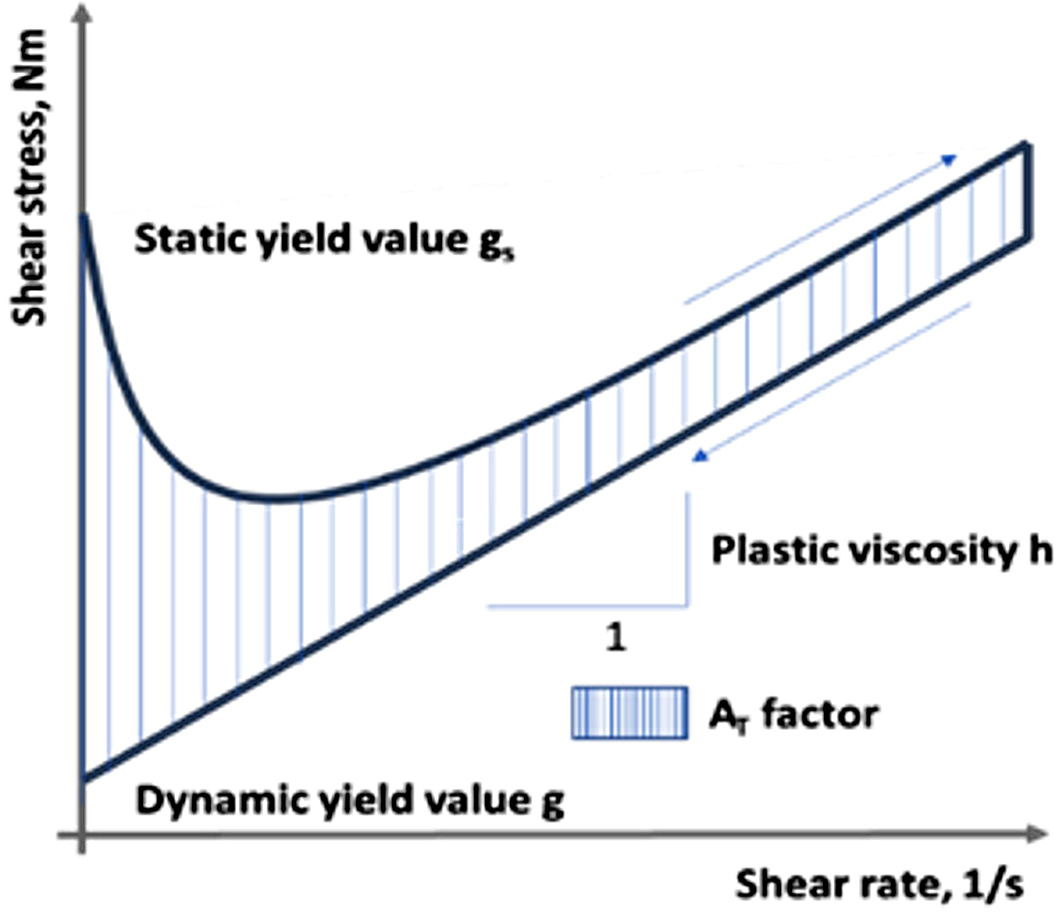Influence of temperature on rheological properties of self-compacting mortars and concretes in rest state
1
Department of Building Processes and Building Physics, Silesian University of Technology, Poland
These authors had equal contribution to this work
Submission date: 2023-10-17
Final revision date: 2023-12-12
Acceptance date: 2023-12-28
Publication date: 2024-12-04
Corresponding author
Jacek Gołaszewski
Department of Building Processes and Building Physics, Silesian University of Technology, Akademicka 5, 44-100, Gliwice, Poland
Department of Building Processes and Building Physics, Silesian University of Technology, Akademicka 5, 44-100, Gliwice, Poland
Archives of Civil Engineering 2024;70(4):255-269
KEYWORDS
TOPICS
ABSTRACT
The rheological properties of fresh mortars and self-compacting concretes (SCC) at rest - the static yield value gs and the thixotropy factor AT - at temperatures from 10 to 30°C were investigated. The static yield value gs and the thixotropy factor AT of SCC depends on the temperature and the w/c ratio. Immediately after casting, the static yield value gs of the SCC is the higher the higher the temperature and/or w/c ratio are. Thixotropy factor AT of SCC depends mainly on w/c ratio - the higher w/c ratio the lower AT is. The increase in temperature of SCC reduces thixotropy factor AT, but the effect is insignificant. During the 40 minutes that the SCC remain at rest, the static yield value gs increases and this increase is faster for mixes with a higher w/c ratio. Thixotropy factor AT of fresh SCC left in rest first increases over time, but then, after just 20 to 40 minutes, begins to decrease. Temperature does not affect static yield value gs and thixotropy factor AT changes in time. The nature of the effect of temperature on the rheological properties of mortars and SCC is analogous. It was proven that model mortars can be used to predict the effect of temperature on the rheological properties of SCC both in the flow phase and at rest and to predict changes in these parameters over time. The implications of the temperature effect on the rheological properties of SCC in terms of formwork pressure were also discussed.
Share
RELATED ARTICLE
We process personal data collected when visiting the website. The function of obtaining information about users and their behavior is carried out by voluntarily entered information in forms and saving cookies in end devices. Data, including cookies, are used to provide services, improve the user experience and to analyze the traffic in accordance with the Privacy policy. Data are also collected and processed by Google Analytics tool (more).
You can change cookies settings in your browser. Restricted use of cookies in the browser configuration may affect some functionalities of the website.
You can change cookies settings in your browser. Restricted use of cookies in the browser configuration may affect some functionalities of the website.




